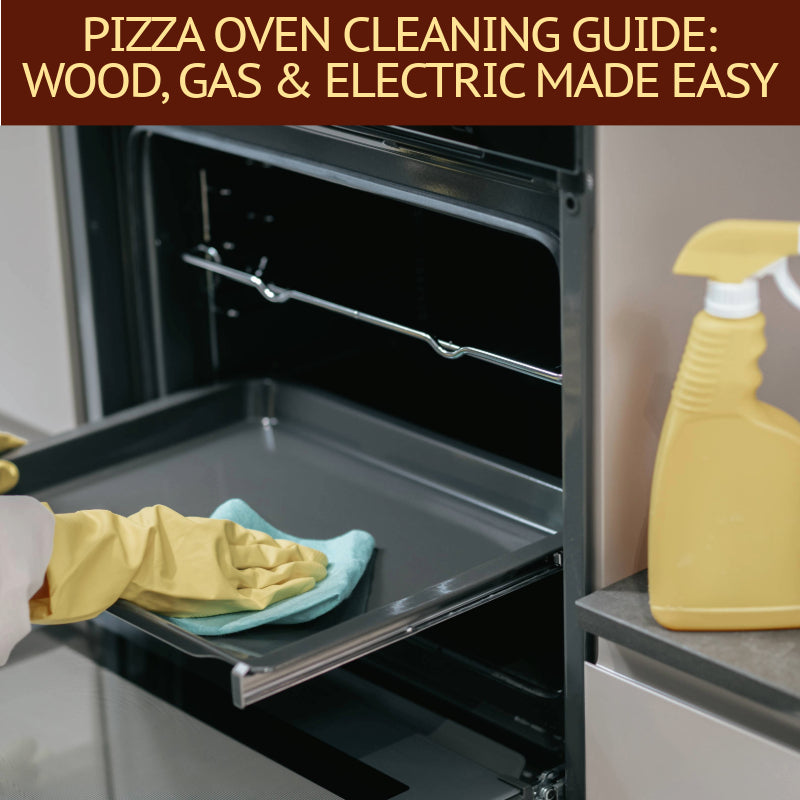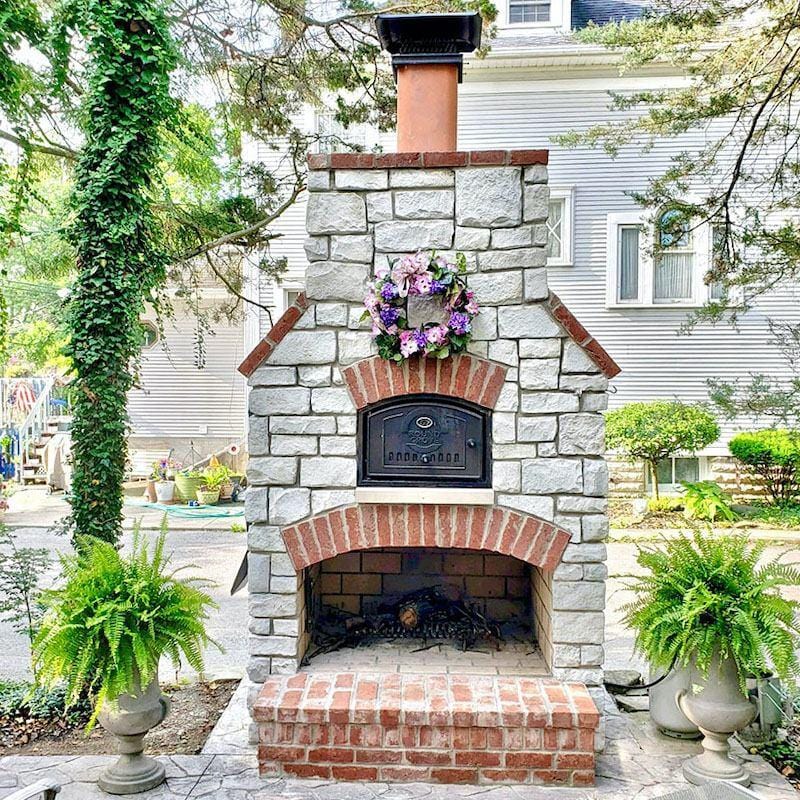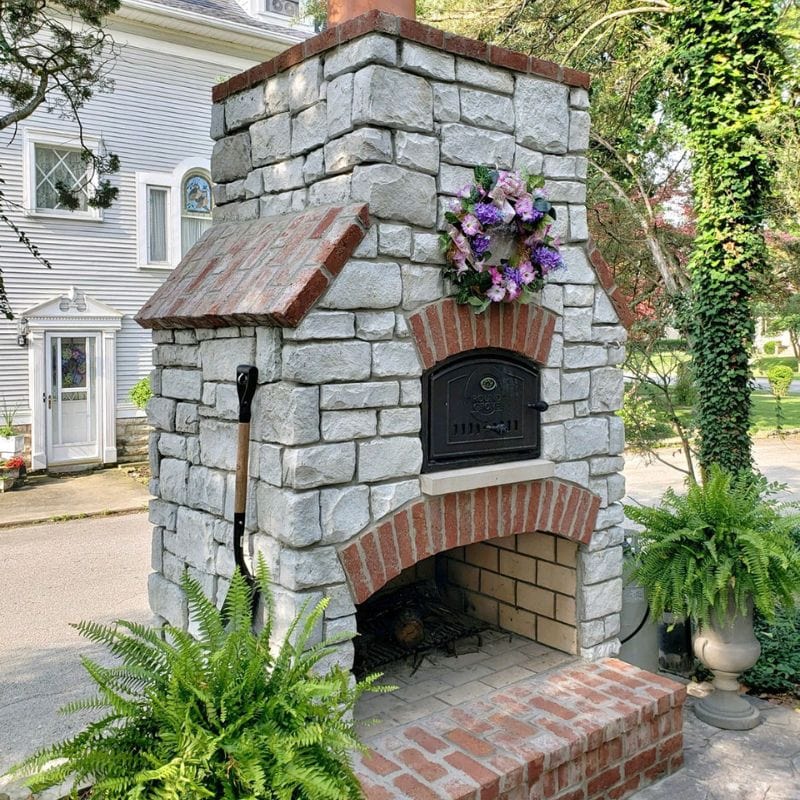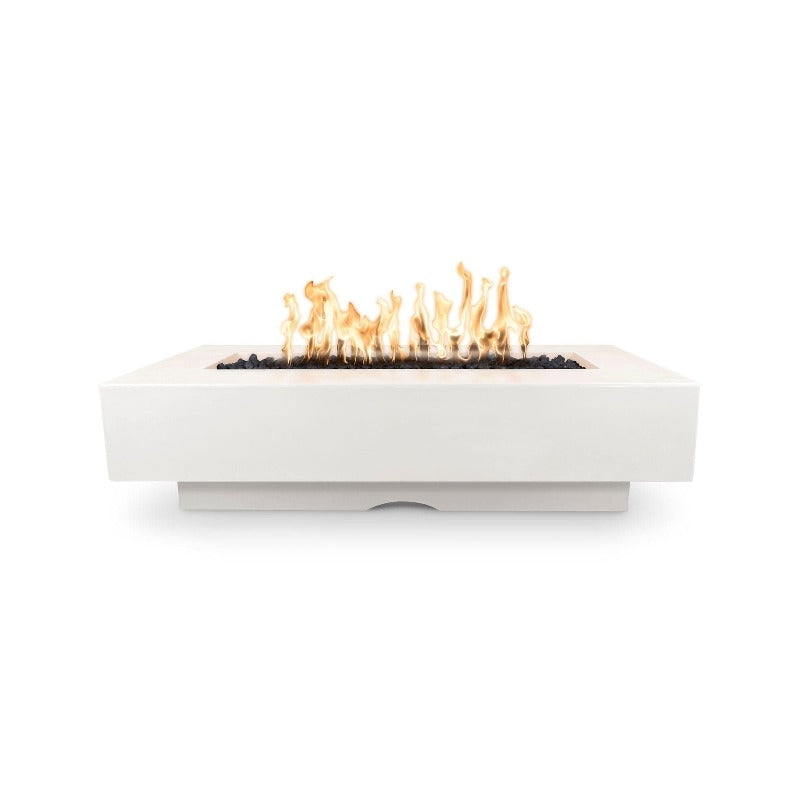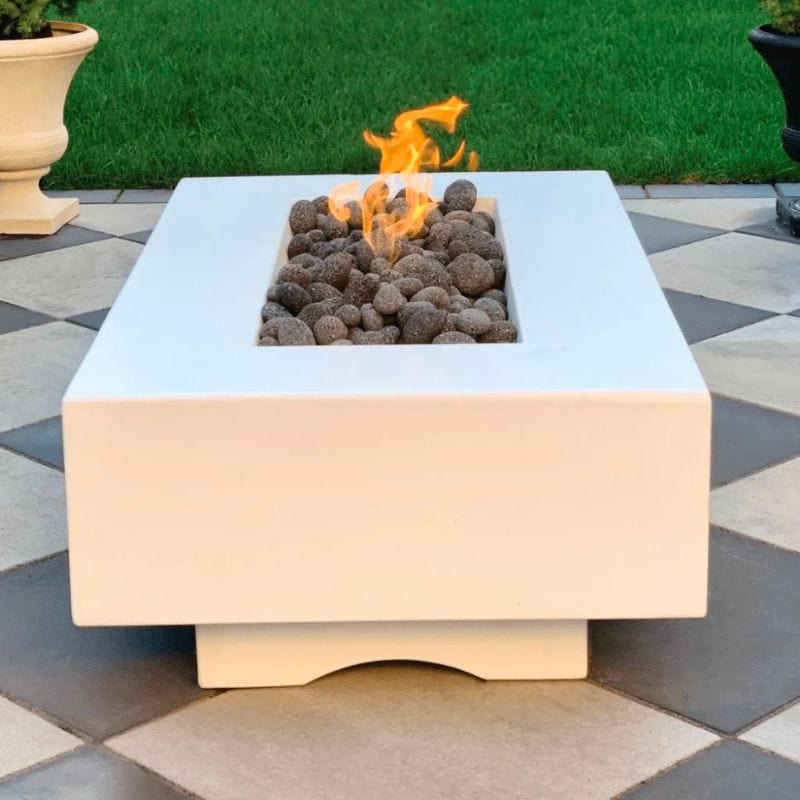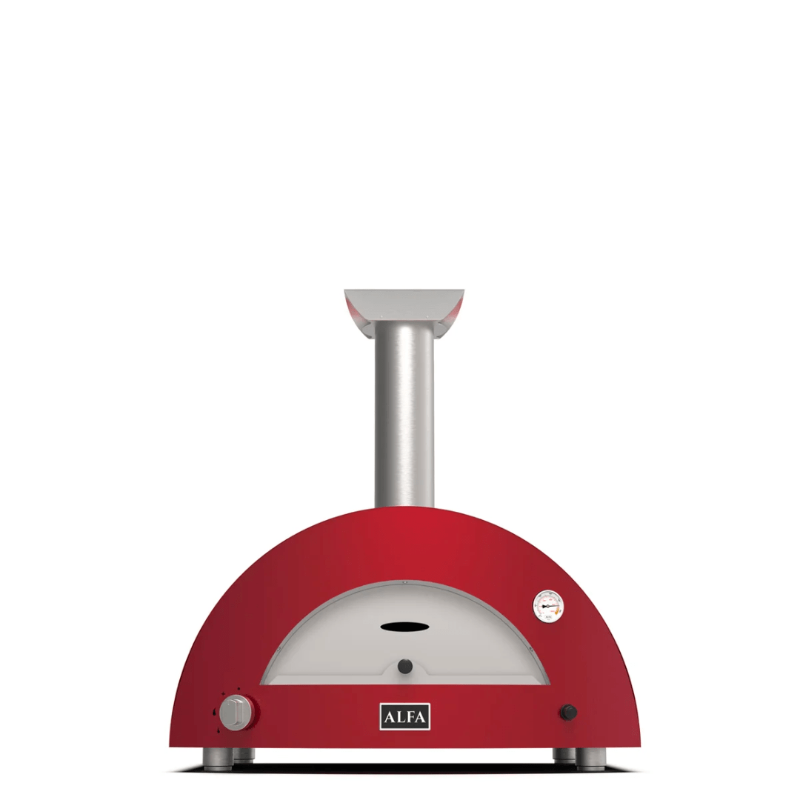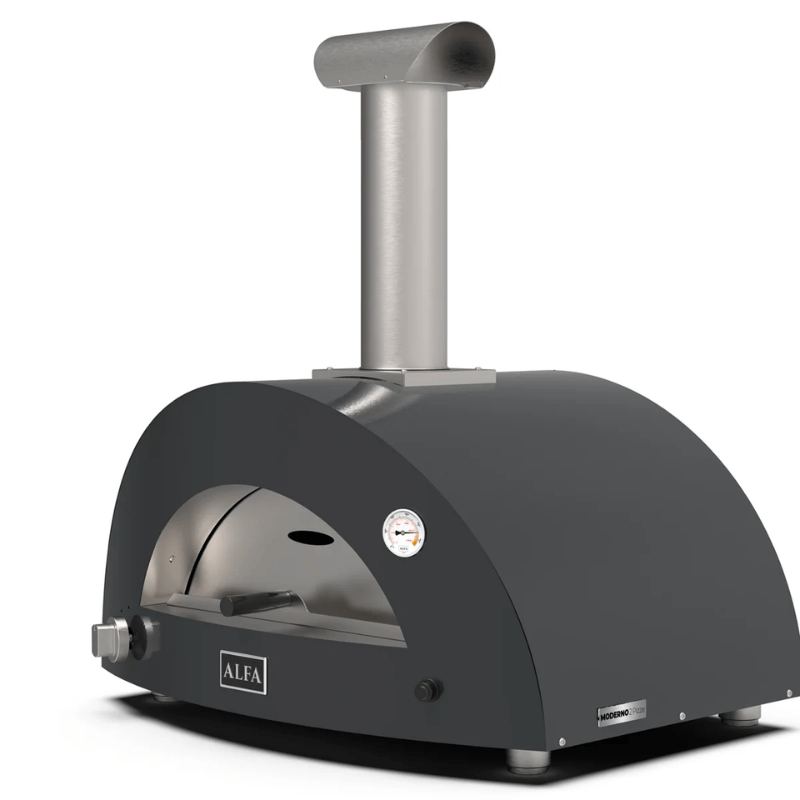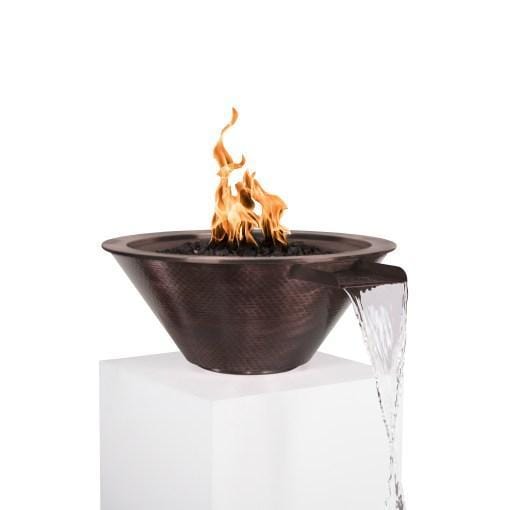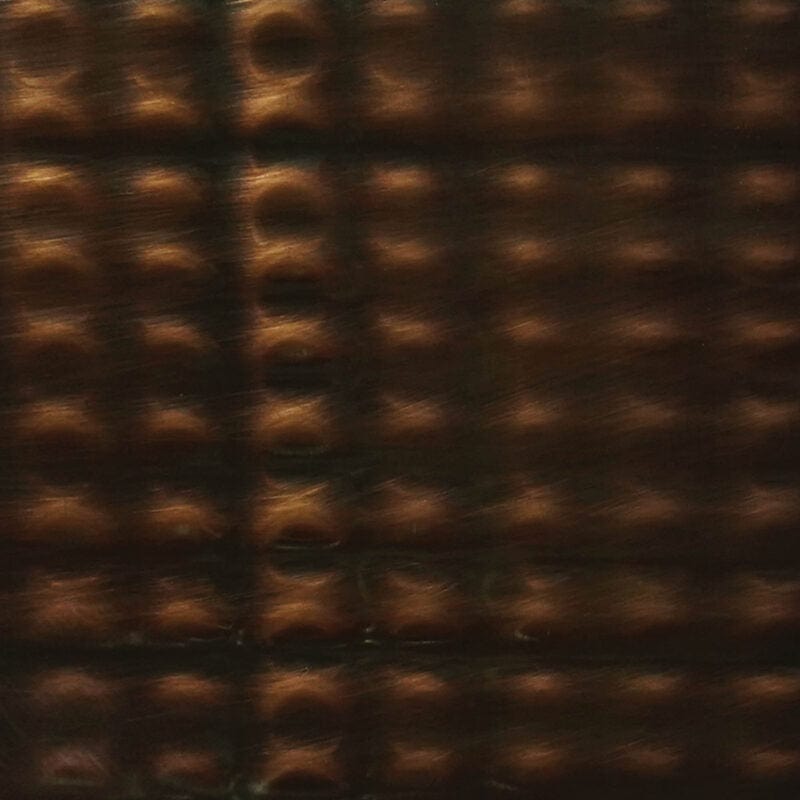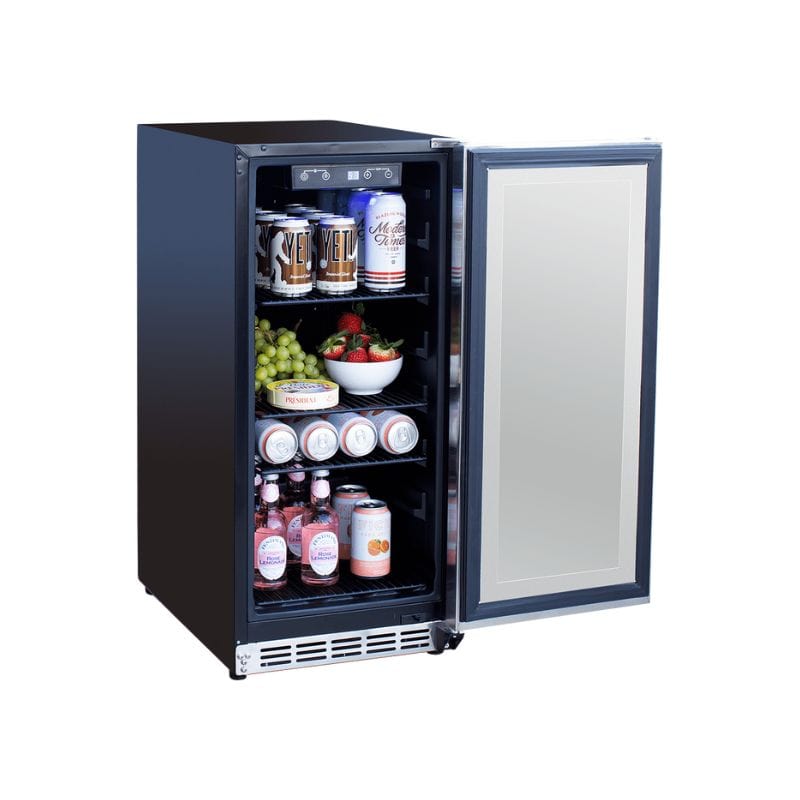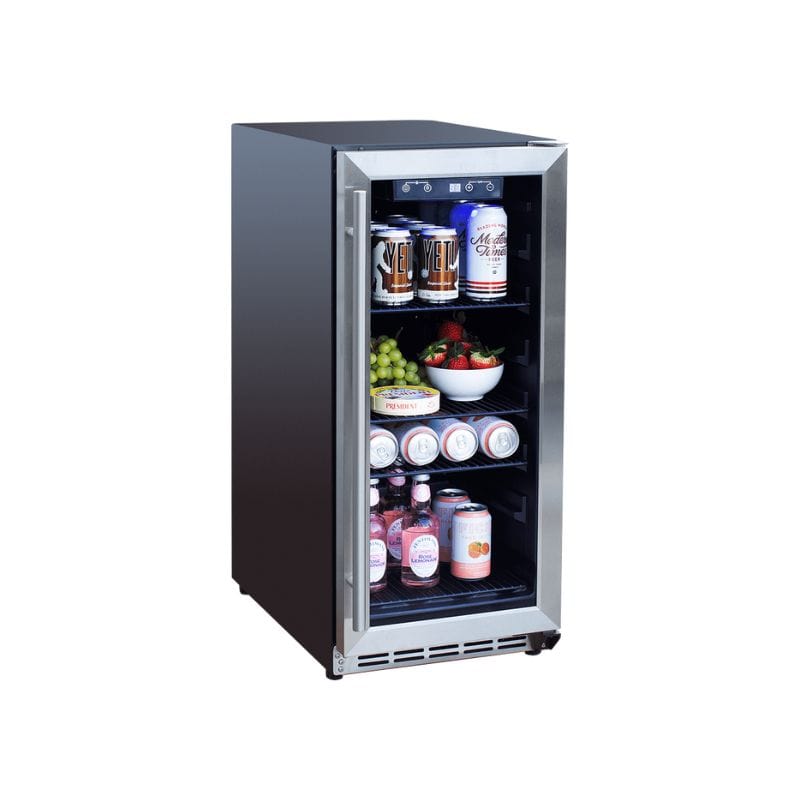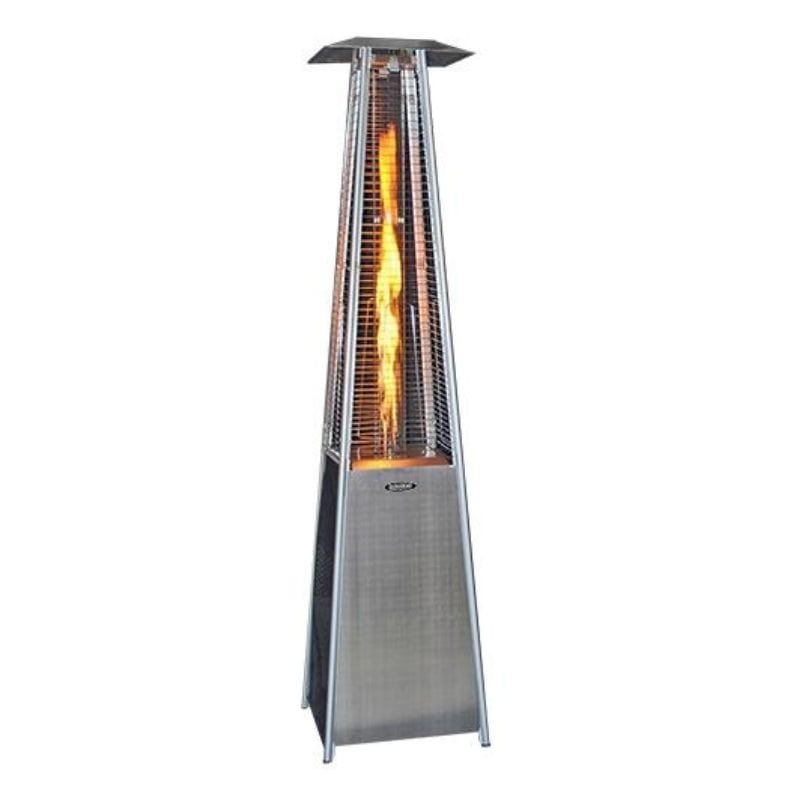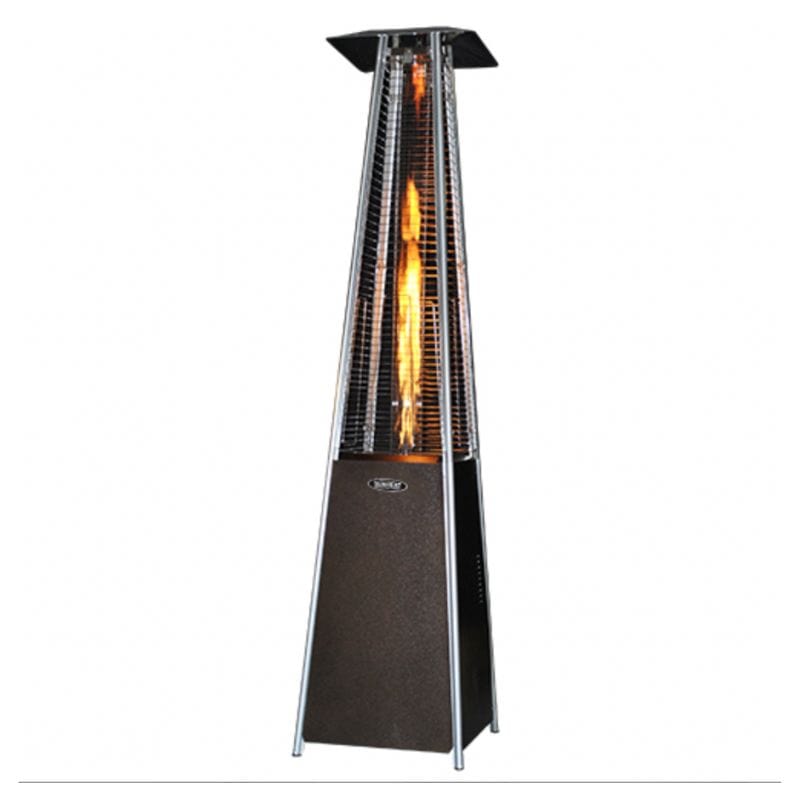There's nothing like the taste of homemade pizza straight from your own oven. But after a few delicious meals, you might notice a layer of grease or burnt crumbs building up inside. If you want every pizza to come out perfect it’s time to give your pizza oven some care.
Cleaning your pizza oven isn’t just about keeping it looking good. Regular maintenance helps your oven heat evenly and prevents unwanted flavors from sticking around. With the right steps, you'll keep your oven in top shape so every slice tastes just the way you like it.

Understanding Different Types Of Pizza Ovens
Different pizza ovens use unique heating methods, so your cleaning approach varies by design. Cleaning routines for wood-fired, gas, and electric pizza ovens target specific residue types and construction materials.
🪵 Wood-Fired Pizza Ovens
Wood-fired pizza ovens use burning hardwoods like oak, hickory, or maple as fuel. Cooking debris includes ash, soot, and wood residue. Smoke can cling to brick and stone interiors over time, resulting in soot accumulation. Regular cleaning maintains airflow and prevents bitter flavors from ash deposits.
🔥 Gas Pizza Ovens
Propane or natural gas is used to fuel the burners in gas pizza ovens. Stainless steel interiors collect grease splatter and food debris. Hearth surfaces can stain from drippings. Cleaning methods minimize burner blockage and reduce ignition issues traced to combustion residue.
⚡️ Electric Pizza Ovens
Electric pizza ovens produce heat using internal coils or elements. Over time, food particles and burnt residue can build up on the steel or ceramic surfaces inside the enclosed cooking chamber. Consistent cleaning avoids electrical faults, retains element efficiency, and keeps the oven smelling neutral for every pizza bake.
Essential Tools And Supplies For Cleaning
Cleaning a pizza oven requires the right tools and cleaning solutions matched to your oven type. Using purpose-built products improves cleaning results and helps preserve the oven’s surfaces.
Must-Have Cleaning Tools
- Wire brush: Loosen baked-on residue in wood-fired ovens and remove carbon buildup efficiently.
- Brass bristle brush: Scrub without damaging refractory bricks or stone baking surfaces.
- Oven scraper: Remove thick debris or melted cheese from hearth decks and metal surfaces.
- Ash Shovel: Collect ashes and burnt remnants from the oven floor for safe disposal.
- Heat-resistant gloves: Protect your hands during cleaning once the oven cools but internal surfaces may hold residual heat.
- Microfiber cloths: Wipe away soot, grease, or cleaning solution residues for a streak-free finish.
- Dustpan: Gather loosened debris and ash for fast cleanup.
- Vacuum designed for ash: Safely collect fine particulates after manual removal in wood-fired ovens.
Recommended Cleaning Solutions
- Food-safe degreaser: Eliminate grease and stubborn stains from metal and ceramic components (e.g. EcoLab Oasis 146 Multi-Quat Sanitizer).
- Baking soda paste: Gently clean heat-sensitive elements like heating coils in electric ovens.
- White vinegar solution: Target mineral deposits and light stains without leaving a chemical residue.
- Specialized oven cleaner: Use non-caustic, manufacturer-approved formulas for gas and electric ovens (e.g. Easy-Off Professional Oven & Grill Cleaner).
- Water: Rinse surfaces and remove loose dirt before deeper cleaning.
Properly matching tools and cleaning solutions to your oven type ensures effective cleaning and extends the lifespan of your pizza oven.
Step-By-Step Guide: How To Clean A Pizza Oven
Cleaning a pizza oven follows a systematic process tailored to its type. Effective cleaning keeps the oven operating efficiently and protects every pizza from unwanted flavors.
Cooling And Safety Precautions
Wait until the pizza oven interior cools to below 120°F before handling ash or residues, since this temperature prevents burns. Wear heat-resistant gloves, use safety goggles to protect your eyes, and confirm all fuel sources like gas valves or electrical switches remain off during cleaning to prevent accidental ignition.
Removing Ashes And Debris
Scoop out all visible ashes and coal fragments using an ash shovel and dustpan. Use a vacuum designed for ash to collect fine residues, if your oven is wood-fired, while avoiding household vacuums. Brush the oven floor with a wire or brass bristle brush to detach stubborn food debris or charred remains, directing everything toward the front for easy removal.
Cleaning The Oven Interior
Choose a food-safe degreaser for most gas and electric ovens, spraying and wiping down the interior walls, ceiling, and cooking surface with a microfiber cloth. Use a baking soda paste for soot stains on firebrick or stone interior, rinse with water, and dry thoroughly to prevent moisture buildup. Scrape off the thick residue using an oven scraper and ensure no cleaning solution remains inside before closing the oven.
Cleaning The Oven Exterior
Wipe the oven’s outer surfaces with a damp microfiber cloth or a mild cleaning solution suitable for your oven’s material, removing grease, food splatter, and dust. Thoroughly dry stainless steel and powder-coated finishes to help prevent rust and corrosion. Polish handles, knobs, and visible hardware, keeping the oven’s appearance as sharp as its performance.

Tips For Maintaining A Clean Pizza Oven
Building consistent maintenance routines extends your pizza oven's efficiency and prevents flavor contamination. Targeted practices minimize heavy cleanings and promote reliable oven performance.
Regular Maintenance Habits
Sweeping the oven floor with a wire or brass bristle brush before and after each use removes loose crumbs and oils quickly. Emptying ash trays or using an ash shovel for wood-fired ovens after every session maintains airflow and avoids residue buildup. Cleaning the interior walls weekly with a damp microfiber cloth helps minimize smoke stains in brick and stone ovens. Checking the burner ports in gas ovens every week ensures even ignition and prevents clogging. Inspecting the oven door seals and hinges monthly safeguards against heat loss and ensures smooth operation.
Preventing Common Build-Up Issues
Removing spilled cheese or sauce after each bake stops carbonized residue from forming on the floor. Brushing away flour and dough particles daily wards off mold in moist climates. Depending if you're cleaning during spring or fall, temperatures may vary, resulting in different cleaning considerations. Using a food-safe degreaser on grease-prone areas after each pizza session prevents stubborn grease accumulation, particularly in gas and electric ovens. Monitoring for water stains or mineral deposits and spot-cleaning with a vinegar solution as soon as they're seen protects metal and ceramic surfaces. Rotating your pizza placement evenly across the baking surface avoids excessive wear and carbonization in one area.
When To Seek Professional Cleaning
Heavy buildup or thick carbon deposits inside your pizza oven indicate it's time for professional cleaning if basic scrubbing doesn't restore the surface. Persistent smoke odors or strange flavors in your pizzas, even after routine maintenance, suggest deep-seated residue that requires specialized equipment and skill. Noticing visible cracks, insulation damage, or malfunctioning gas burners calls for expert inspection and cleaning since simple DIY methods can't address structural or advanced technical issues.
Gas and electric pizza ovens that display ignition problems or repeated burner blockages benefit from manufacturer-approved service to prevent risks of fire or equipment failure. Repairs or deep cleaning of refractory bricks, heating elements, or venting systems—especially after prolonged or commercial use—demand expertise to maintain energy efficiency and food safety standards. Local regulations may also require periodic certified cleanings for commercial pizza ovens.
Professional services use industrial vacuum systems, calibrated degreasers, and diagnostic tools, reaching areas that typical home cleaning can't address. Scheduling expert cleaning annually, or more often for high-frequency use, ensures safe operation and extends your pizza oven’s lifespan.
In Conclusion...
A clean pizza oven is the secret to delicious results and a hassle-free cooking experience. By making cleaning and maintenance part of your routine you’ll enjoy better-tasting pizza and a more reliable oven for years to come. Don't wait for problems to appear—stay proactive and your homemade pizza nights will always be a hit.

Frequently Asked Questions
How often should I clean my homemade pizza oven?
It’s best to sweep out debris before and after each use. Deep cleaning should be done every few months, or more frequently if you use your oven often. Regular maintenance helps preserve oven efficiency and pizza flavor.
What tools are essential for cleaning a pizza oven?
Must-have tools include a wire brush, brass bristle brush, oven scraper, ash shovel, heat-resistant gloves, microfiber cloths, a dustpan, and a vacuum designed for ash. These help safely remove ashes, residue, and debris from your oven.
Which cleaning solutions are safe to use in a pizza oven?
Use food-safe degreasers, baking soda paste, white vinegar for mineral deposits, and specialized oven cleaners depending on your oven type. Always ensure cleaning products are safe for food contact surfaces, and rinse thoroughly to remove any residue.
Are there specific cleaning methods for wood-fired, gas, and electric pizza ovens?
Yes. Wood-fired ovens need ash and soot removal; gas ovens require cleaning of burners and surfaces to prevent ignition problems; electric ovens should have food buildup removed from coils and walls. Always follow your oven manufacturer's guidelines.
When should I seek professional pizza oven cleaning?
Seek professional cleaning if there’s heavy buildup, persistent smoke odors, visible cracks, insulation damage, or malfunctioning burners. Gas and electric ovens with ignition issues also require expert service to maintain safety and performance.
Can improper cleaning affect the taste of my pizza?
Yes. Residue, ash, or cleaning solution left behind can cause unwanted flavors or odors, affecting your pizza’s taste. Proper and thorough cleaning ensures the best results and maintains the authentic flavor of your pizzas.
What safety precautions should I take when cleaning my pizza oven?
Always allow the oven to cool below 120°F before cleaning. Wear heat-resistant gloves and safety goggles to protect against burns and debris. Use the right cleaning tools and follow the manufacturer’s safety recommendations for chemicals and equipment.

